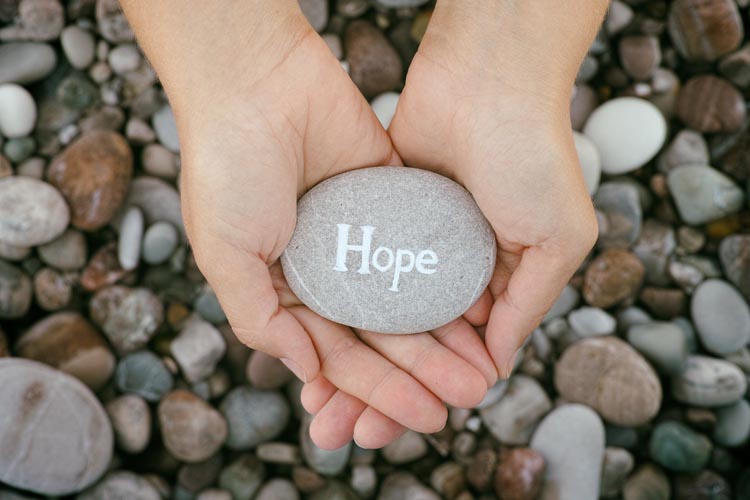
Recovery Pathways: Hope
Hope is foundational to recovery from a mental health crisis or addiction. Hope that recovery is possible for everyone is the catalyst for every recovery journey. It may be the glimmer of hope that spurns you to seek therapy, enter rehab, or join a support group. There are many ways to foster hope in recovery and many ways to utilize that hope on your journey.
The Importance of Hope
Hope is a profoundly personal concept that each individual will define differently. In general, hope can be defined as believing that your situation, circumstances, and life can and will get better. Recovery is not a linear process, and you will face setbacks, challenges, and obstacles on the path. Hope can get you through those bumps in the road and keep you going when you want to quit.
Cultivating Hope
There are many ways to find hope. Hope can be found in connections with the people around you, your friends, family members, and your peers. The stories of recovery from those who are further along their journey can be your hope and inspiration on your own recovery path. You can create intrinsic hope by listening to stories of hope, internalizing them, and believing in your own potential. TedTalks, YouTube, and other social media platforms can be sources of inspiration and hope. Creating affirmations and envisioning the future you want can help you through rough times, as can faith in a higher power.
Accepting What Is
Hope is not blind optimism or wishful thinking. Hope is about accepting the present circumstances and looking towards the future as you work through the struggle. Tapping into those internal stores of hope can make facing your current challenges easier to cope with.
Commitment
Hope requires commitment and attention. It must be tended and nurtured for hope to grow. The more you focus on hope, the more it will take root inside of you, and the easier it will be to find that hope during times of struggle. Take time each day to find hope, nurture hope, and identify moments of hope in your own life. Practices of gratitude can help you identify hope. A gratitude practice could include writing down 3-5 things that you are grateful for each day, expressing gratitude to the people in your life, and taking note of the simplest acts of kindness you witness or experience in everyday life.
Hope is an essential pathway to recovery that can provide sustainable internal motivation and aid in your recovery journey. If you find yourself struggling to identify sources of hope, reach out to your community, whether that is friends, family, church members, counselors, or peers. Share your struggle and allow your community to hold the hope for you until you discover that hope once again.
